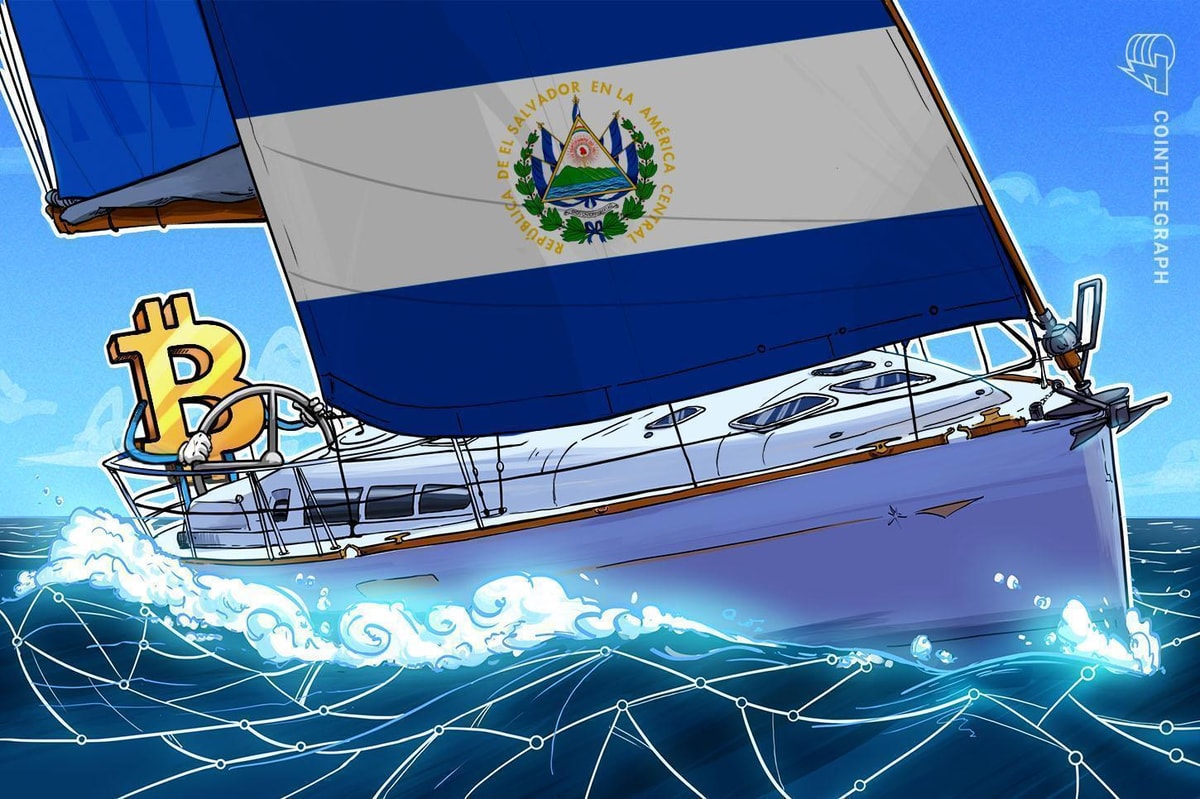El Salvador’s bold and groundbreaking move to declare bitcoin legal tender on June 8, 2021 has caught the attention of the world and the imagination of their Latin American neighbors.
As the 14th most populated country in Latin America and with a past filled with decades of corrupt leadership and violence, it is unlikely that El Salvador has been the object of envy for any Latin American countries in the past 30 years. However, that has suddenly changed with the success and innovation of their Ley Bitcoin (Bitcoin Law). The refreshing open mindedness of El Salvador’s President Nayib Bukele combined with the hard work and huge hearts of Mike Peterson (Bitcoin Beach), Jack Mallers (Strike) and Miles Suter (Square Crypto) has created some much needed hope for not only his people, but for millions in other Spanish-speaking nations.
In the wake of El Salvador’s historic bill, politicians from eight Latin American countries have publicly expressed their desire to pass similar laws in their respective countries. These policy makers are eager to act now for the benefit of their people and fearful that inaction will leave them behind in a world unkind to countries with slow-moving governments. One of the deciding factors of a nation’s world standing is the soundness of their money. Bitcoin, which is showing itself to be the soundest money in existence, will unlock countless benefits for the countries who become its earliest adopters on this scale. However, it remains to be seen which countries will benefit from joining El Salvador as the next nation to pass a bill recognizing bitcoin as legal tender.
Panama is one of these prospective countries and is being led by the efforts of congressman Gabriel Silva. To create support for this effort, he started a Telegram chat room to hear directly from his constituents about their thoughts on the following questions regarding El Salvador’s Bitcoin Law:
- What did it do well?
- What is it missing?
- What applies to Panama?
- What does not apply?
- What should be changed?
In the 5 days since opening this chat room, over 1,000 messages have poured in from 330 members with various thoughts on the best way to proceed on Panama’s behalf. The main debate that has emerged is whether the prospective bill should only recognize bitcoin as legal tender or if it should be wider in scope and legalize the use of other cryptocurrencies as money. The negative implications of the latter argument are too numerous to list here. This case study is a microcosm of the conversations that are likely taking place behind closed doors in the government offices of the other nations mentioned above.
It is important to note that the El Salvador Bitcoin Law is not merely favorable legislation regarding bitcoin, but rather a clear message that bitcoin is the only cryptocurrency worth integrating into the economy as money. Any law that is watered down by elevating other cryptos as equal to bitcoin will not have the desired effect due to their inherent lack of fundamental soundness and integrity as money. One can only hope that these countries consult El Salvador for guidance in crafting a bill that has the same conviction of their Ley Bitcoin. Imitation in this case is not flattery, but rather it is essential for the benefit of their people.
Latin American countries are not the only ones feeling pressure to move forward with bitcoin legislation. NFL offensive lineman, Russell Okung, published a compelling open letter to the president of Nigeria yesterday imploring him to adopt a bitcoin standard. The list of nations being urged to adopt bitcoin as legal tender by influential voices is growing by the day and it is only a matter of time before another country becomes the second to do so after El Salvador.
This is a guest post by Josh Doña. Opinions expressed are entirely their own and do not necessarily reflect those of BTC, Inc. or Bitcoin Magazine.











